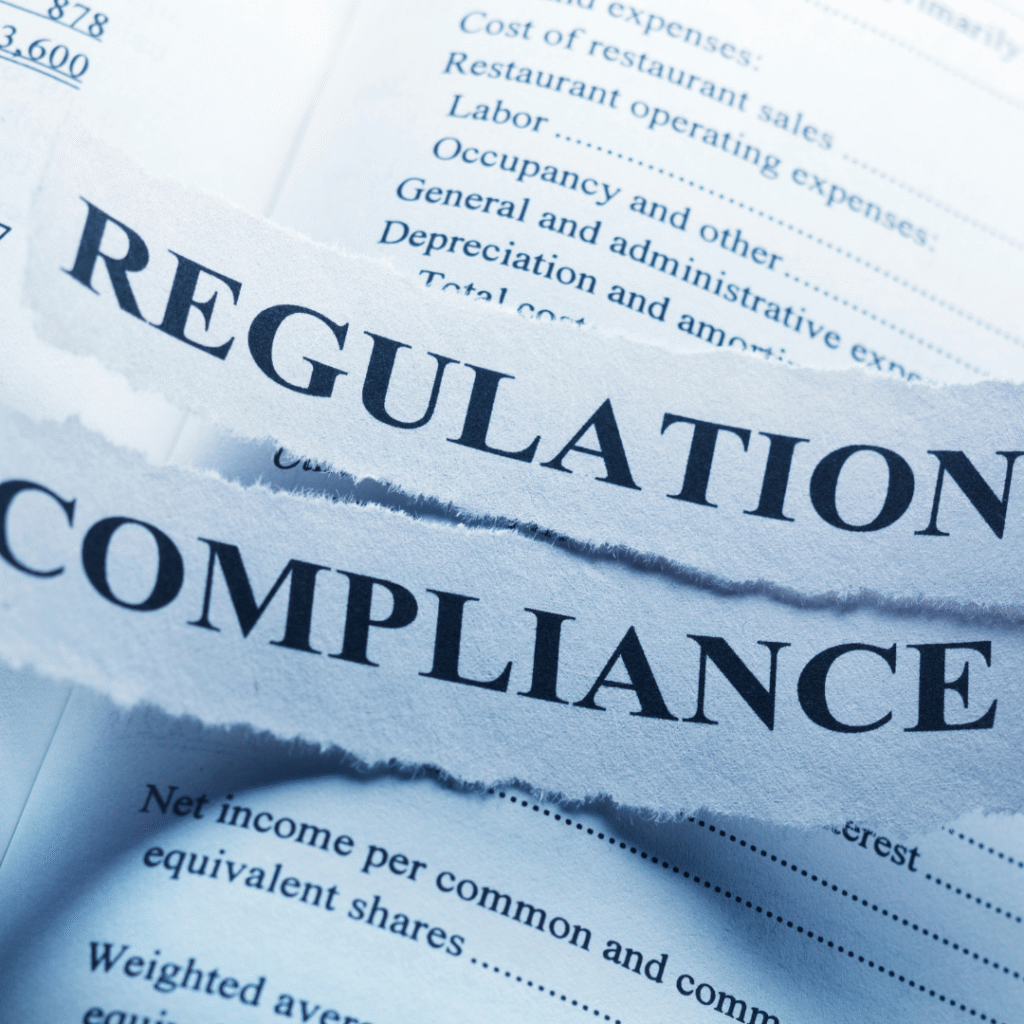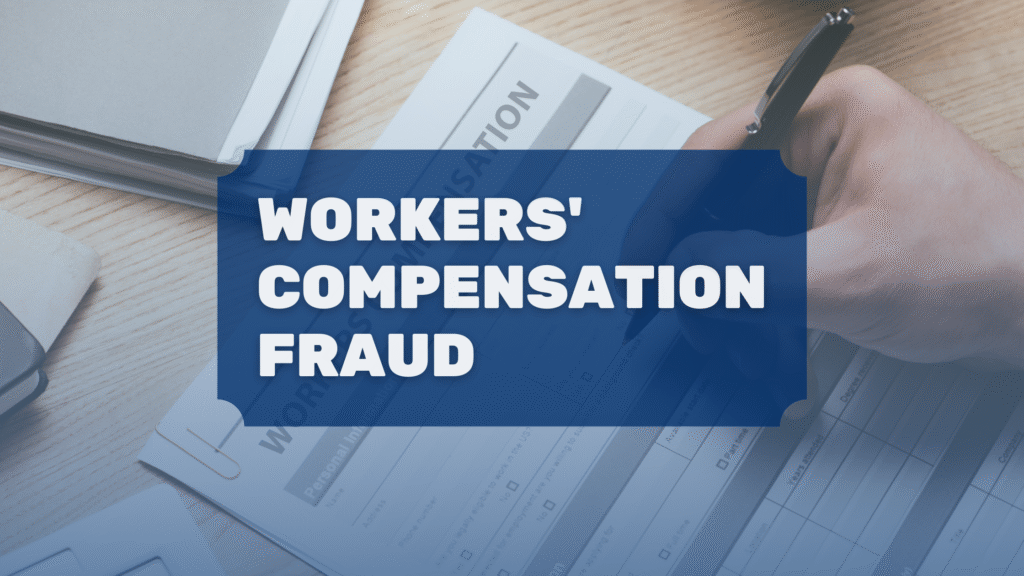July 23, 2025 | JacobiJournal.com – Injury claims fraud is at the center of Uber Technologies Inc.’s major racketeering lawsuit filed in Los Angeles federal court. The company accuses a network of lawyers and medical providers of orchestrating a fraudulent referral scheme. Uber alleges that this network inflated injury claims tied to minor accidents involving Uber rides, manipulating the medical-legal system to defraud rideshare insurance programs.
Anatomy of the Alleged Fraud Scheme
According to Uber’s complaint, the defendants steered passengers involved in rideshare incidents to specific clinics and law firms. These clinics allegedly billed medical services at prices up to ten times higher than standard rates. The scheme relied on falsely inflating the severity of injuries, enabling larger insurance payouts, which forms a classic example of injury claims fraud within the rideshare industry.
Uber’s legal team claims this practice mirrors racketeering activity, filing under the Racketeer Influenced and Corrupt Organizations Act (RICO). By invoking RICO, Uber aims to establish that this was not a series of isolated incidents but an organized network systematically defrauding the company and its insurers through injury claims fraud. This pattern of inflated medical bills and exaggerated diagnoses not only increased insurance costs but also compromised the integrity of legitimate injury assessments.
Widening Pattern of Rideshare Insurance Abuse
This lawsuit isn’t Uber’s first effort to combat fraudulent injury claims. Similar litigation in New York and Florida indicates a broader strategy by rideshare companies to push back against growing fraud tied to medical-legal mills. These entities often exploit gaps in rideshare insurance policies, taking advantage of the complexity in determining liability in gig economy accidents.
The case also sheds light on the regulatory weaknesses that allow such schemes to thrive. While California has laws governing insurance fraud, Uber argues that current frameworks may not adequately deter coordinated abuse within the rideshare ecosystem.
Industry and Compliance Implications
Legal experts suggest that if Uber prevails, the case could set a precedent for rideshare firms to more aggressively pursue fraudulent actors under RICO statutes. It may also prompt regulators to tighten oversight on medical billing practices and enhance scrutiny of personal injury claims connected to rideshare platforms.
For more information on how insurance fraud investigations unfold, refer to the National Insurance Crime Bureau (NICB).
What’s Next for Uber’s Racketeering Case
The litigation is ongoing in the Central District of California, with potential implications for how rideshare companies safeguard against insurance fraud and address injury claims fraud. Uber is seeking unspecified damages, injunctions, and further remedies to dismantle the alleged fraudulent network that manipulated injury claims for financial gain.
Industry observers will be watching closely to see whether the case uncovers deeper links between legal, medical, and insurance sectors in perpetuating fraud schemes, particularly those related to injury claims fraud. A successful outcome for Uber could establish a precedent for rideshare and transportation companies to implement stricter controls and monitoring mechanisms aimed at detecting fraudulent injury claims early. This case could also prompt legislative reviews to strengthen protections against injury claims fraud, reinforcing accountability across the medical-legal landscape.
FAQ: Uber Racketeering Injury Claims Fraud
What is Uber racketeering injury claims fraud?
Uber racketeering injury claims fraud refers to Uber’s lawsuit alleging that a network of lawyers and medical providers in LA inflated injury claims related to rideshare incidents to defraud insurance programs.
Why did Uber file a racketeering lawsuit in LA?
Uber filed the suit under RICO statutes to address what it claims is an organized scheme involving fraudulent medical billing and inflated injury assessments tied to minor accidents involving its rides.
How does this fraud impact rideshare insurance?
Fraudulent claims inflate insurance costs for rideshare companies, potentially leading to higher premiums for drivers and passengers. It also undermines the integrity of personal injury claims in the rideshare sector.
Where can I learn more about fighting insurance fraud?
Visit the National Insurance Crime Bureau (NICB) for resources on combating insurance fraud: https://www.nicb.org
Stay informed on fraud litigation and regulatory actions in the rideshare and insurance industries. Subscribe to JacobiJournal.com for weekly updates on enforcement news and legal insights.
🔎 Read More from JacobiJournal.com:
- Insurance Executive Fraud: Bay Area CEO Pleads Guilty in $20 Million Conspiracy Case
- DOJ Probes $1B UnitedHealth Medicare Advantage Fraud Over Coding Practices
- Bonita Man Pleads Guilty in $5.8M Medicare DME Fraud Scheme
- $14.6B Healthcare Fraud Sweep Expands with California Indictments
- Second Round of Guilty Pleas in California $16M Hospice Billing Scheme





